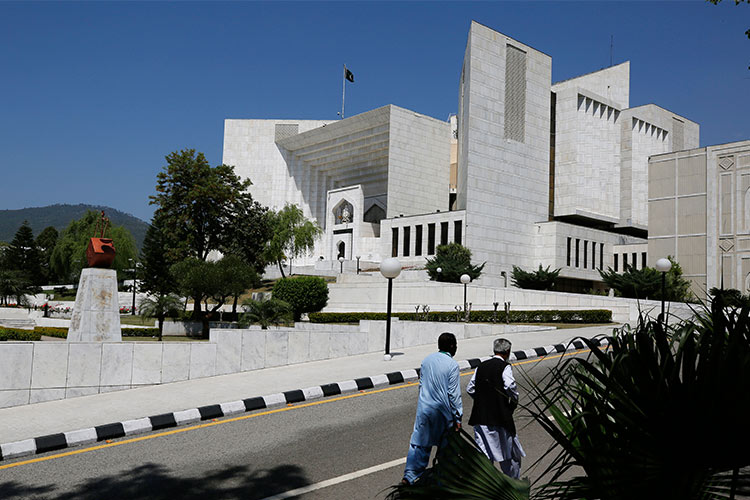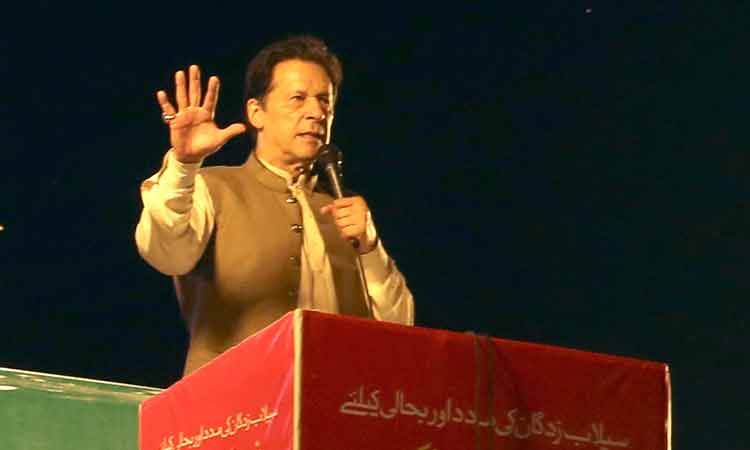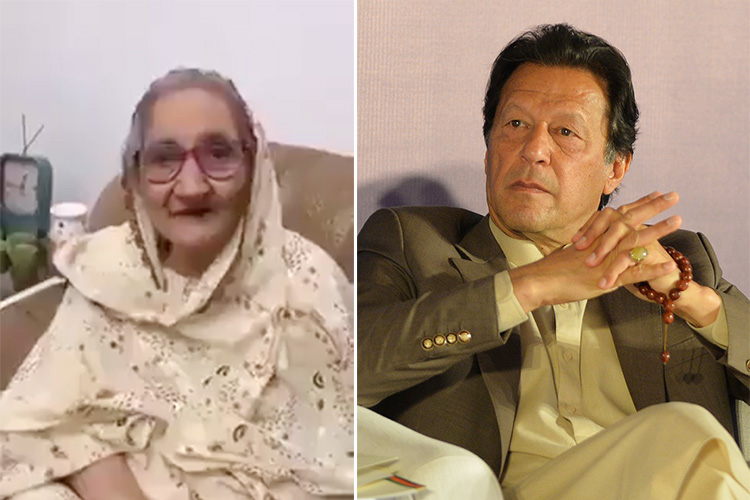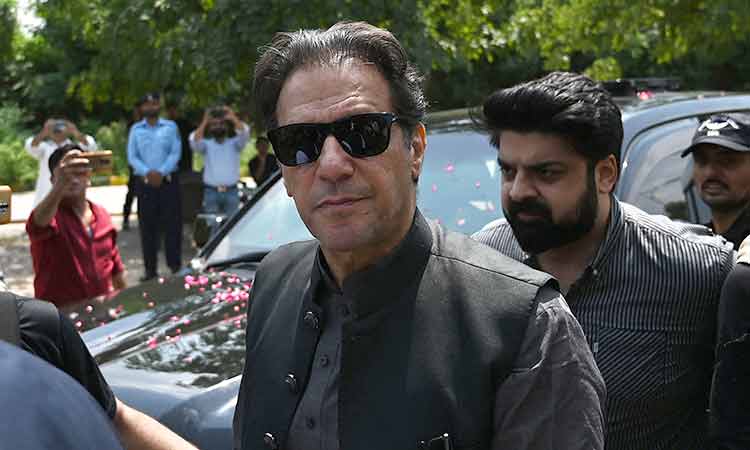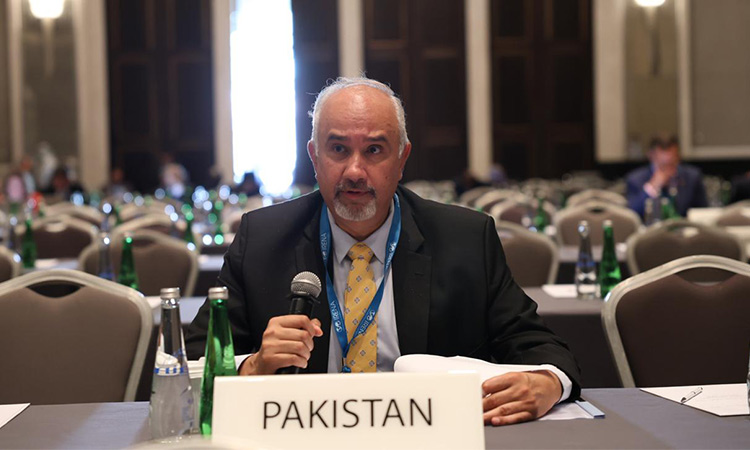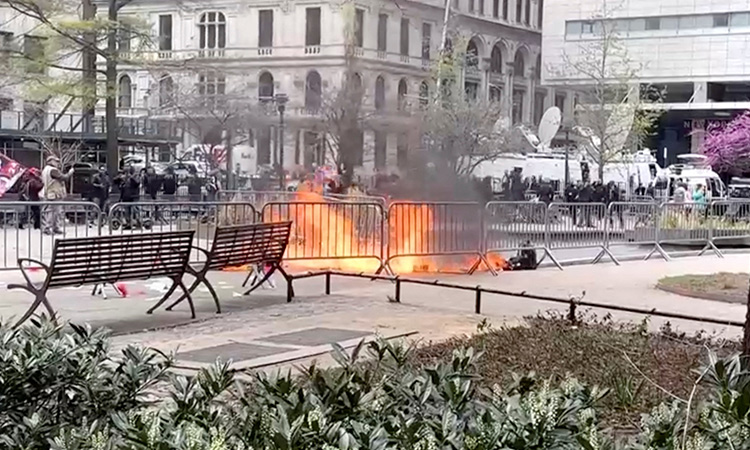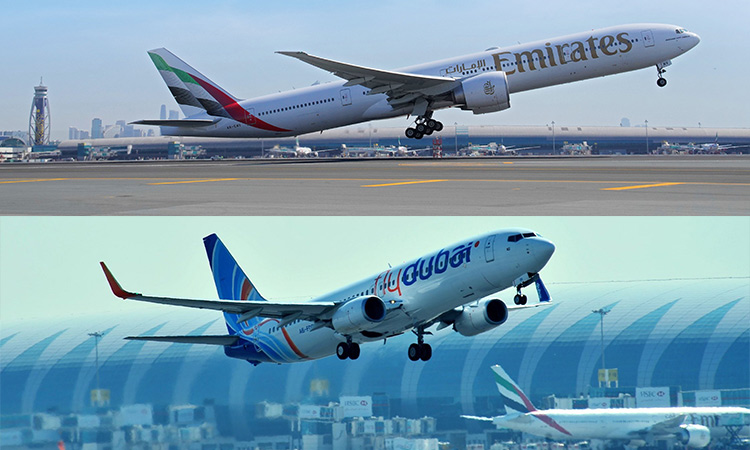Pakistan considers electric vehicles to fight pollution
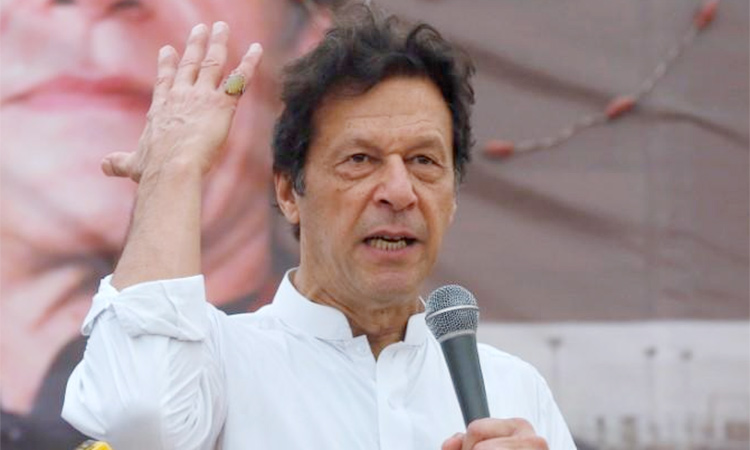
Imran Khan. File
Tariq Butt
Prime Minister Imran Khan has decided to introduce electric cars by setting up car plants for the first time in Pakistan.
Adviser to Prime Minister on Climate Change Malik Amin Aslam briefed the premier on the climate change.
Imran ordered the authorities concerned to ensure conversion of 30 per cent of all cars running in Pakistan into electric vehicles by 2030.
On the issue of possibility of heavy rains and flood in Gilgit-Baltistan, the meeting was informed that Shisper glacier in Hassanabad village of Hunza was posing a serious threat to residents of the area with each passing day as it has surged by three kilometres.
The prime minister directed his team on climate change to expedite the process of installation of a glacier monitoring system to monitor all glaciers in the country.
Referring to the government’s plan to plant 10 billion trees across Pakistan, the prime minister said that it was a national project and the matter should not be politicised.
Aslam said later that the government planned to introduce electric cars by 2030 and that the move would have far-reaching impact on the country’s environment.
“Most countries are opting for electric cars across the world and Pakistan is far behind in it and once introduced in the country, electric vehicles will help save Rs2 billion worth of oil imported into the country besides reducing the country’s air pollution.”
The adviser said that smoke emissions from vehicles were a major source of air pollution in the country and it contributed heavily to smog during winter season in Punjab, especially in Lahore.
He said that electric cars would help lessen dependence on LPG and compressed natural gas stations, most of which were shut down because of gas closure on different days especially in winter in Punjab and these stations would be converted into charging docks for electric cars.
In an unrelated development, Pakistan has called for stepped up efforts to plug loopholes that impede the international community’s ability to combat illicit financial flows.
Speaking at the high-level meeting on International Cooperation to Combat Illicit Financial Flows at the United Nations, Pakistan’s ambassador Maleeha Lodhi said that the illicit financial flows were a key contributory factor for the economic underperformance of developing countries and a major obstacle to poverty eradication, according to a report received in Islamabad.
“Illicit Financial Flows have a catastrophic impact on societies; they stifle opportunities, deny vulnerable people access to infrastructure, and condemn them to a life of inequality and inequity,” Ambassador Lodhi pointed out.
She also stated that despite a plethora of institutions and initiatives dealing with illicit financial flows, significant challenges and gaps remain.
“These include lack of an agreed definition; difficulties in reliable measurement due to their disguised nature; increasing use of information and communication technologies and crypto-currencies by criminals; inadequate participation of developing countries in multilateral initiatives and their lack of capacity in combating illicit flows.”
“Other major hurdles include lack of sufficient political will and familiarity with procedural requirements, secrecy, different evidentiary standards, differences in legal procedures, and delays in responding to mutual legal assistance requests,” she added.
The ambassador also argued that capacity constraints and lack of resources to prevent and counter illicit flow of finances was also disproportionally affecting the developing countries.
Quoting estimates by the UN, Ambassador Lodhi said that illicit financial flows, stemming from criminal proceeds, amount to around $2.1 trillion annually.
This, she said, was almost equal to the annual financing gap of $2.5 trillion faced by developing countries in investment in core SDG-related sectors.
Referring to millions of dollars of Pakistan’s stolen financial resources stashed abroad, Ambassador Lodhi said that Pakistan sought international cooperation to complement its intensified domestic efforts.
“My government’s firm resolve against corrupt practices calls for a more proactive role by our partners, in line with international legal instruments including the United Nations Convention Against Corruption”, she concluded.
